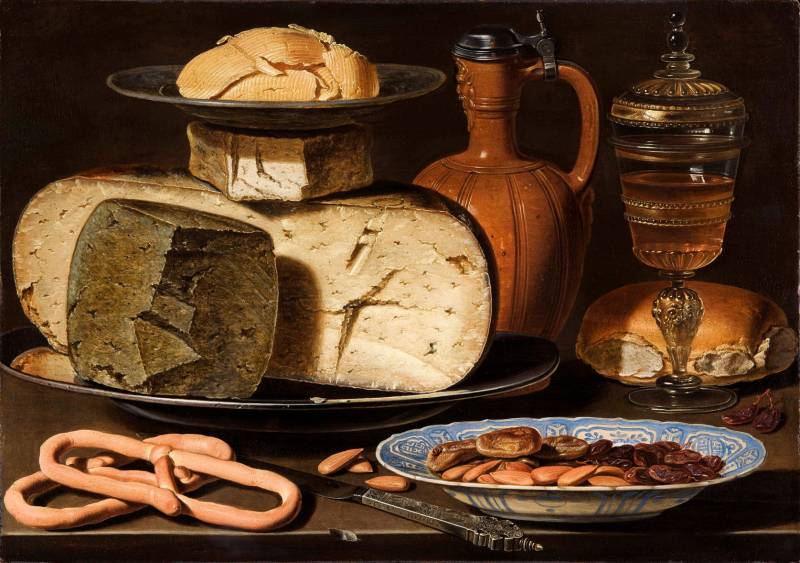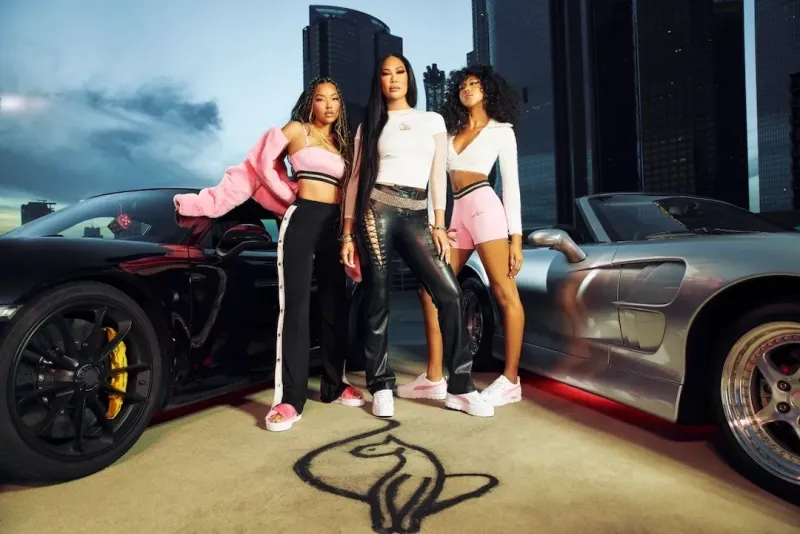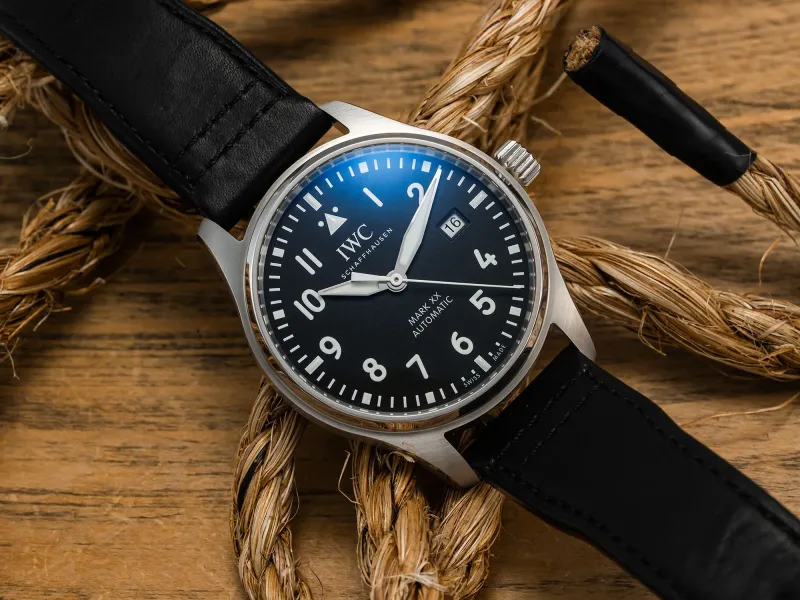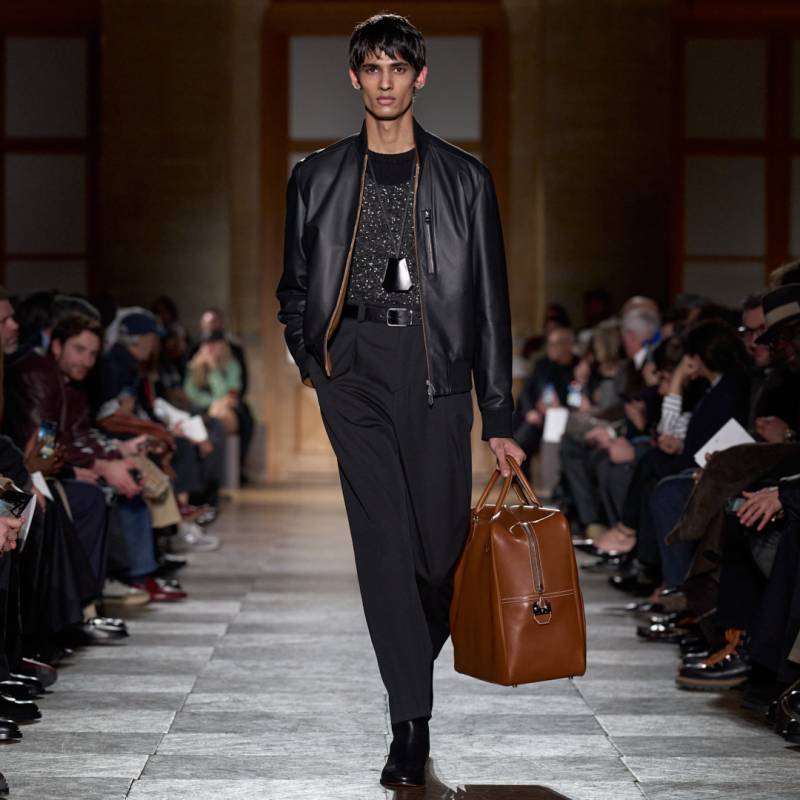On Aug. 11, hip-hop will celebrate 50 years since the night in 1973 when legendary DJ Kool Herc lit up a house party in the Bronx with his turntables and sparked a cultural movement that embraced personal style and flavor among DJs, MCs and dancers. Bittenbender, a hip-hop connoisseur, didn’t want to let the monumental anniversary pass without due recognition, so he called his Mass Appeal co-partner, Nas, to begin planning the biggest celebration of the genre in its history. For the last five years, Nas and Bittenbender have worked tirelessly on what has become #HipHop50, rallying partners such as Sony Music Entertainment, Live Nation, Yankee Stadium and more. According to Bittenbender, Nas was hands-on, making personal phone calls to sponsors, pitching ideas and watching edits of the upcoming Mass Appeal-produced Biz Markie documentary, All Up in the Biz, that will debut Aug. 11 — all while carving out time to make his own music with Grammy-winning producer Hit-Boy. Between 2020 and 2022, the two worked on Nas’ King’s Disease trilogy, which yielded his first-ever Grammy win in 2021 (best rap album, for King’s Disease) and his first headlining show at Madison Square Garden earlier this year. In July, he also released the sequel to his acclaimed 2021 album, Magic — both projects also created with Hit-Boy — further solidifying his status as one of the most heralded rap MCs of all time.
But as he worked on his music, Nas remained laser-focused on ensuring #HipHop50’s success. The effort came to fruition this year when the celebration’s rollout commenced, with components including the immersive Hip-Hop Til Infinity digital installation at New York’s Hall de Lumières and an expansive photography exhibit at the city’s Fotografiska gallery highlighting the genre’s evolution. The festivities will culminate Aug. 11 in the Bronx with Hip-Hop 50 Live at Yankee Stadium, a concert featuring a stacked bill of rap luminaries including Lil Wayne, Ice Cube, Snoop Dogg, Slick Rick, Common, Lil Kim, Eve and the night’s headliners, Run-D.M.C. Bittenbender calls 2023 “a big year” for Nas, who, for one, will celebrate the same major birthday as hip-hop itself when he turns 50 in September. “And he has been more active over the past couple of years than ever,” Bittenbender continues. “He’s in a creative renaissance. #HipHop50 has been a beautiful vehicle for him to apply that creativity.”

What does it mean to you knowing we made it to 50 years of hip-hop? It’s crazy because growing up, you always heard things about other music forms like rock’n’roll, R&B, opera; all these great genres. They had celebratory moments and big houses to celebrate the greatness of those particular art forms. To really give hip-hop its time, it needed to happen. To start with DJ Kool Herc — he’s loved and revered and a historic figure in hip-hop who most hip-hop fans today probably don’t even know about. They probably don’t even know me. (Laughs.). He’s from back in the beginning days. No one, I think, was doing it on the level of the Bronx at that time. To celebrate the Bronx and celebrate hip-hop [is special]. This lyric KRSOne once said — “Rap on a whole/Isn’t even 20 years old/50 years down the line, you can start this/Cuz we’ll be the old school artists/And even in that time, I’ll say a rhyme” — he saw it. Artists from that era were fighting for hip-hop to live and be around this long. I made an album called Hip Hop Is Dead [in 2006]. Sorry not sorry, but I did because there were so many times the power of this music was in the wrong hands — not artists, [but] businesspeople. To see that we’re here and [hip-hop is] thriving [is incredible]. The art form is crazy right now. That’s a beautiful thing, and for younger artists that are just 20 years old to realize the history that is there and was laid down for them, to look at it and go, “Wow, this is a long history with deep roots,” is a great feeling.
When did you first realize that the genre had the potential for this kind of longevity? I felt it. As a kid, Run-D.M.C. was breaking barriers, and I figured there was no limit to how far it could go. I figured when they were talking about Adidas, that thing of connecting brands with artists could happen. Bigger stars were doing this before hip-hop, and I felt the hood’s going to get a voice and connect with super brands and connect around the world.
How did you and Peter Bittenbender decide you had to do something for the 50th anniversary of hip-hop? The work I do with Mass Appeal is based on all things that really move people culturally. Hip-hop is one of our things that we hug and love, and I posted on Instagram a couple of years back that the flyer for [DJ Kool Herc’s party on] Aug. 11, 1973, is the birth certificate of hip-hop. I’m probably not the first person that said it, but I just love it. I love the art form so much, and so does Pete. He really wanted to push #HipHop50, and I was down. Just seeing everybody else doing it at the same time is cool. It’s growing every day up until Aug. 11, when Mass Appeal has put together the Yankee Stadium in the Bronx concert on the birthday of hip-hop. Other artists and networks are doing cool things, too.
What was the hardest part about doing this right? We wanted everyone to feel good. We wanted everyone to join the celebration. We’re releasing the Hip-Hop 50 Vol. EPs, one [produced] by Swizz [Beatz], one by DJ Premier and more in the works. [The EP series features MCs from Slick Rick to A Boogie Wit Da Hoodie.] There’s films we released [including Showtime’s Supreme Team and You’re Watching Video Music Box documentaries]. There’s [an immersive] experience that’s coming out where you go inside this museum art vibe. There’s Fotografiska. We just doing the things that dudes might want to pull up to and be like, “This is cool. Look at that picture.” I’ve been inspired by a lot of the #HipHop50 stuff we’ve been doing. It feeds you.

For the Aug. 11 concert, you tapped artists from every coast, which would have been impossible in the ’90s. Talk about breaking down that divisiveness and bringing everyone together. I recently saw an interview with Ice Cube, and he was talking about how the East Coast/West Coast feud didn’t start with Biggie and 2Pac. It was kind of before that. It was normal territorial vibes: “We represent this, y’all represent that.” The essence of hip-hop is the battle, so everything was competitive. New York was on they bulls–t. West Coast was on they bulls–t. The South and so on. So to have everyone together is what the birthday of hip-hop should be about. It shouldn’t just be one region. Everybody should be celebrating together.
What happens to hip-hop after this anniversary? How does it maintain this kind of energy going forward? It’s going to feed us and teach us, and we’ll relearn what the culture is. We read the history books of it, so to speak. We see the artists that were here before us, and we think about it. It sits with us, and we marinate on it. We think, “What does this mean?” The ideas that will pour from it are because it has given back to us. You have to know your history. I think incredible ideas on every level are going to happen, from filmmakers to writers and producers. I think that this is the seed to open up all different types of ideas for years to come.
You’ve said you don’t want to be the smartest person in the room; you want to keep smart people around you. How has that made you a better businessman and artist? I always learn. I’m always soaking up the knowledge. Whoever got far coming from zero, I love to hear them talk. You find out you could relate to a lot of things they got to say. Then you realize what’s in them is also in you. Then you have your own unique things. It’s cool to rub shoulders with people who you think are smarter than you. It’s not a who’s smarter contest. It’s just some people you think are smarter than you, but you realize, “Nah! I look at this differently.” At the same time, I’m learning about business decisions from people who are really about the business. There are some things I can learn from them. I’m about business, but I’m not all about business. There’s things I could pick up, and there’s things people could pick up from me. You put yourself around people who you might admire. Put yourself around people who are doing something that have this kind of gravitational pull that’s pulling you to them. Something about them has got your attention. I pay attention to that to find out what it is.
There’s still a disconnect today in hip-hop about how artists address conflicts with one another. How do you feel things should be handled to ensure the safety of the genre’s artists? That’s a hard one for us because the streets are the streets. We listen to music from people directly from those circumstances. Young people making the hit records are telling you what’s happening: education, disease, miseducation. Life is a tough test. The streets are the stomping grounds of warriors and good and bad people. There’s kids that come from these environments with something to say. When you ignore them, you ignore the youth. I don’t think we can stop the street mentality overnight. It’s a thing that’s in place that is strong. For everybody to change it would take a miracle, but at the same time, once these artists get in the game and realize, “You’re going to change your family’s life for generations to come if you could stay alive and stay out of jail,” that seems like an easy thing to do — but when you’re fresh from that, it’s all you know. You don’t trust somebody that has been rich for 20 years telling you to chill out when you just came from an environment where nobody’s on chill.

You think they over the hill and don’t know what they talking about. To get them to get where we’re at, it’s going to take a lot of work. They on their thing. They doing what they do to represent their lifestyle they were just leaving. Now, as they get successful, they have to come into their senses on their own. When you look at hip-hop’s history, you see all the companies and empires that fell because of stupidity. If they see that, they have to realize they are the next one if they don’t change. There’s a lot of stories they could watch about hip-hop empires that made terrible mistakes that destroyed families and lives. All they have to do is check the history. It’s their decision and their maturity level, and when they are going to figure it out because time is ticking — the next thing you know, you’re in the wrong place at the wrong time. I just pray for them and hope for the best because talking to them is one thing, but they have to be ready for it. Sometimes they have to learn on their own.
After winning your first Grammy and finding a new collaborative partner in Hit-Boy, how would you sum up your last three years musically? It’s magic to get together and do what we’re doing. I didn’t see anybody doing it like [Hit-Boy]. Not to sound like I’m feeling myself, but to really look and say, “All right, what do I do now? I’m going to do what I want to do.” It’s the freedom of creating records because I just feel like it. It’s a hobby to me now to go to work. I don’t know how long this feeling to make music is going to last, but I’m going for it at the moment. It’s making me have so much fun. I want more people to join me from my era; release your records and work hard on them sh-ts. I want to hear how people feel, and I want to hear their art. I don’t want to hear the trends, I want to hear the art. Express it, do it and be free. That’s what I’m trying to give to the game now. I don’t pay attention to anything except what I’m doing at this point because I’m having so much fun that I don’t even look up to see what’s going on. I could say that I never had this amount of fun, but I’ve had a lot of fun in my life in the business. But this feeling is unmatched.

“It was all focused on 50,” he says of his game plan since. “Let’s get ahead of this. This is the most important moment in this generation of hip-hop and, culturally, the most important movement of our lifetime. So let’s not think about it a month before — let’s set it up years in advance.” “For a couple of years, we’ve been talking about this day coming,” says the revered Queens MC. “It’s great to see everything happening, too. You see some of the pioneers outside more and being celebrated. Everybody’s gathering around this whole moment to make the world know not to sweep this under the rug. This is real.”
“Being five albums in with Nas is something I never thought would happen, but here we are,” Hit-Boy says. “The creative freedom he allows me to have is a major blessing and an opportunity to continuously show my growth through my production. You can’t buy a working relationship this pure.”
Billboard



